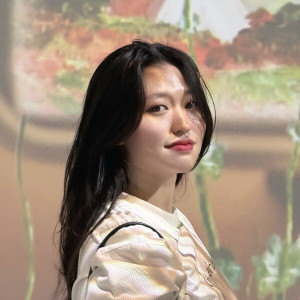"You can never understand one language until you understand at least two."
Geoffrey Willans
If that's true, native English speakers are in trouble. We're notoriously negligent at learning other languages, aren't we? But you must be an exemplary rule exception. As you're reading this, you must be interested in Korean culture, music and other forms of media and entertainment. You're probably learning the Korean language so you can find the best of what Korea has to offer!
Good on you!
Whatever your reasons for learning, you should take the time to build the core language skills: reading, writing, listening and speaking.
You might think that bit of advice unnecessary. Why would anyone only learn half of a language?
Think about holiday merrymakers. They might only be interested in learning enough Korean phrases to get by as they tour Busan or Seoul. Or a student who chose Korean lessons as a school elective. They might only want/need to learn enough Korean to score well on their exams.
But, as the Earl of Chesterfield said, “Whatever is worth doing at all, is worth doing well.”
Considering South Korea's ever-increasing presence on the world stage, learning Korean is a job worth doing. You may already have a Korean tutor for speaking practice. You probably get plenty of writing practice in class. Maybe you already watch Kdrama and listen to Kpop for listening practice. Today, we will teach you some resources for your reading practice.

Why Read Korean Books?
"There are no new stories in the world anymore... "
Dexter Palmer
What a bleak assertion for a novelist to make! He might have said that after reading The Seven Basic Plots. That book, by Christopher Booker, posits that all of the world's stories revolve around seven common themes. They are
- Good versus evil
- Rags to riches
- Quests
- Voyages and homecomings
- Tragedy
- Comedy
- Rebirth
You'll find those themes in Korean books and Korean television dramas and films, too. But they are not the whole story.
A minor character might make a pivotal discovery. Tragedies often have strong, comedic flavours. And, contrary to many standard stories, Korean books typically feature neither good nor evil. In those tales and in life, sometimes, things are just things with no metaphysics involved.
Supplement your Korean learning with Korean classes Melbourne here on Superprof.

Reading Korean books isn't just taking a peek into the culture, though. As a student of Korea's language, you may even consider the conversations and events those tales relate as icing on the cake. Extracurricular reading delivers a far greater benefit.
Your learning materials are likely level-appropriate and neutral in tone. The grammar is probably perfect, too. You need that first quality, particularly if you're in the beginner classroom. However, the average Korean doesn't use 'neutral' language or proper grammar in everyday conversation. Reading stories is the best way to learn how Koreans enliven their language.
For instance, a news broadcast might report on a celebrity's doings. They would never say 'saejaelyae' - an invented word that means 'the world's prettiest'. But if you keep up with Korean social media and read Korean books, you'll see such words and phrases everywhere.
But it's not just about learning popular phrases. Reading Korean books is an essential way to learn more about the language in its most proper forms. To become fully fluent in any language, you need to know how to be conversational, sure, but you also need to know how to be more proper and interpret more sophisticated media.
Korean Books for Beginners
Reading books written for children is nothing to be ashamed of, whether it’s in your target language or your native one!
Simple books with easy-to-understand grammar and vocabulary are great for helping you train your eye in Hangul and get a better understanding of the language. Here are some great, interesting books to learn Korean suitable for newer learners!
Cat School by Kim Jin-kyung
Korean: 고양이 학교 (goyang-i haggyo) by 김진경
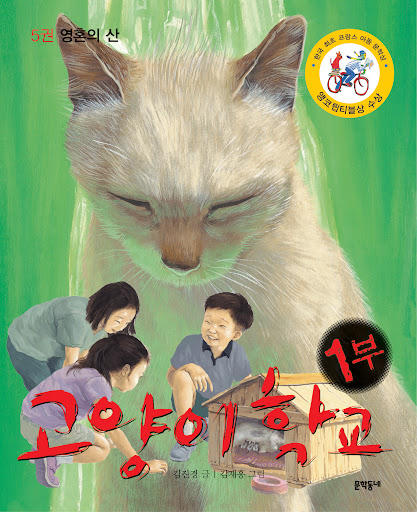
This delightful series has been called “Harry Potter, but with cats,” so you can gauge your expectations accordingly! The first book of the series was released in 2001 and received many positive reviews; it’s a cute, exciting, fun fantasy series great for Korean learners (and anyone, really!)
Moss by Yoon Tae-ho
Korean: 이끼 (ikki) by 윤태호
Learning a language through graphic novels can be highly beneficial, since you can gain context clues through the pictures, helping you remember vocabulary and learn new words.
“Moss” is set in a small Korean village, where Ryu Haengguk attends the funeral of his father. The story depicts various characters and their interwoven lives as Yoon explores human relationships and societal expectations. You’ll learn a thing or two about Korean culture with this one, as well.
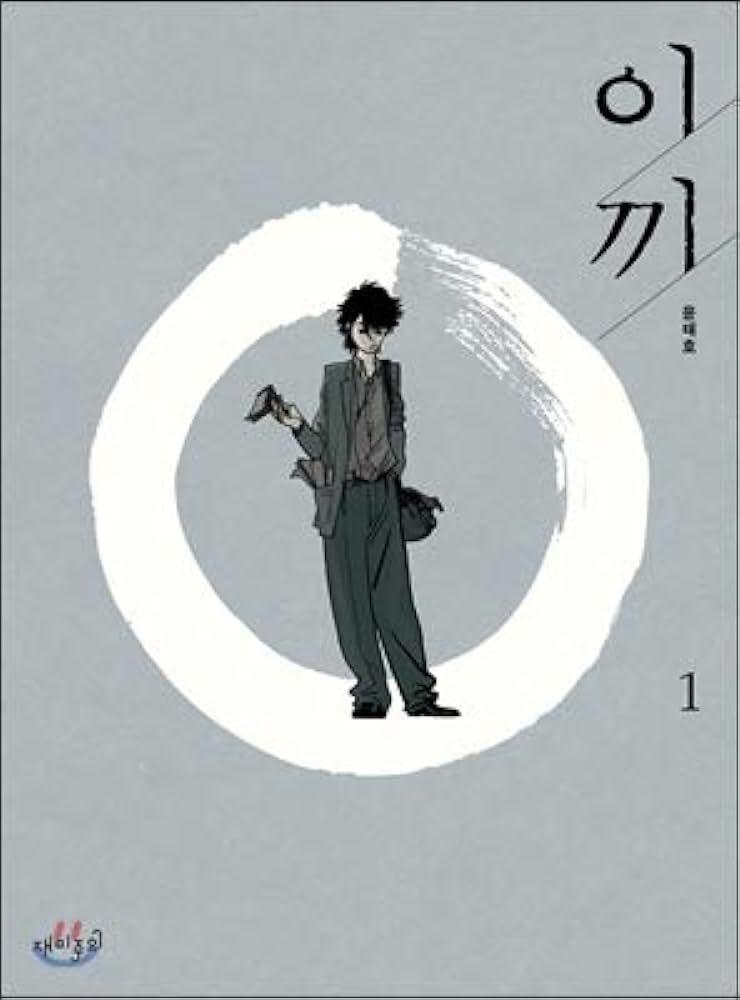
Almond by Sohn Won-pyung
Korean: 아몬드 (amondeu) by 손원평
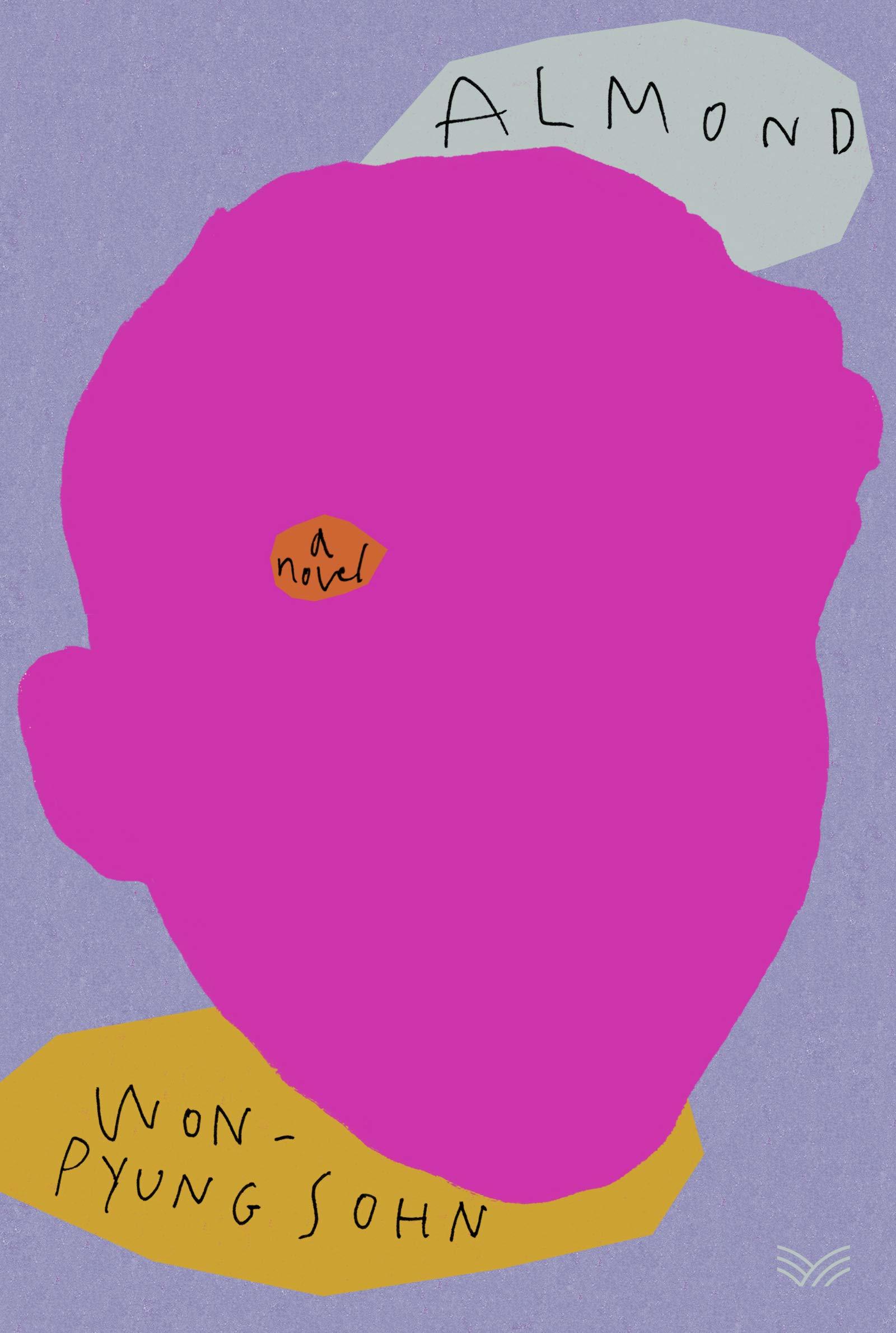
A young boy born with a medical condition called alexithymia struggles to feel and articulate emotions because of this condition. This coming-of-age novel explores how disaster can be the catalyst that changes everything, leading to unexpected friendships, life lessons, inner growth, and maybe even love.
Check out some of our Korean lessons here on Superprof.
A Korean Tutor Recommends Titles for Intermediates and Advanced Learners
Before discussing these delicious titles, we should warn you: they are all written for a Korean audience. For beginners, they will probably be a bit challenging. Fortunately, you have two saving graces. First, even at your level, you can go through them and pick out words you know. As your vocabulary grows, you'll be able to read more of these great tales.
More importantly, all of these stories have been translated into English. The languages don't compare well from an imagery perspective; English sometimes makes describing things hard, especially when translating from another language. You might buy both versions so you can compare them as you read. And if you only want to find out more about Korea's culture while reading a good story? There's no shame in utilising only the English version.
The Plotters - Kim Un-Su (Translated by Sora Kim-Russell)
Korean: 설계자들 (Seolgyejadeul) by 김언수
Who could believe that South Korean history would feature in so heavily in a thriller? Sure, political thrillers might spring to mind; it's a well-established genre. But Plotters is nothing like those.
This thriller fiction novel takes place in an alternative version of Seoul, full of assassins and criminal syndicates, each plotting something devious and elaborate.
The main character, Reseng, finds himself disrupting the house of cards built around him by more criminal characters than he could have anticipated. It’s then that everything changes…
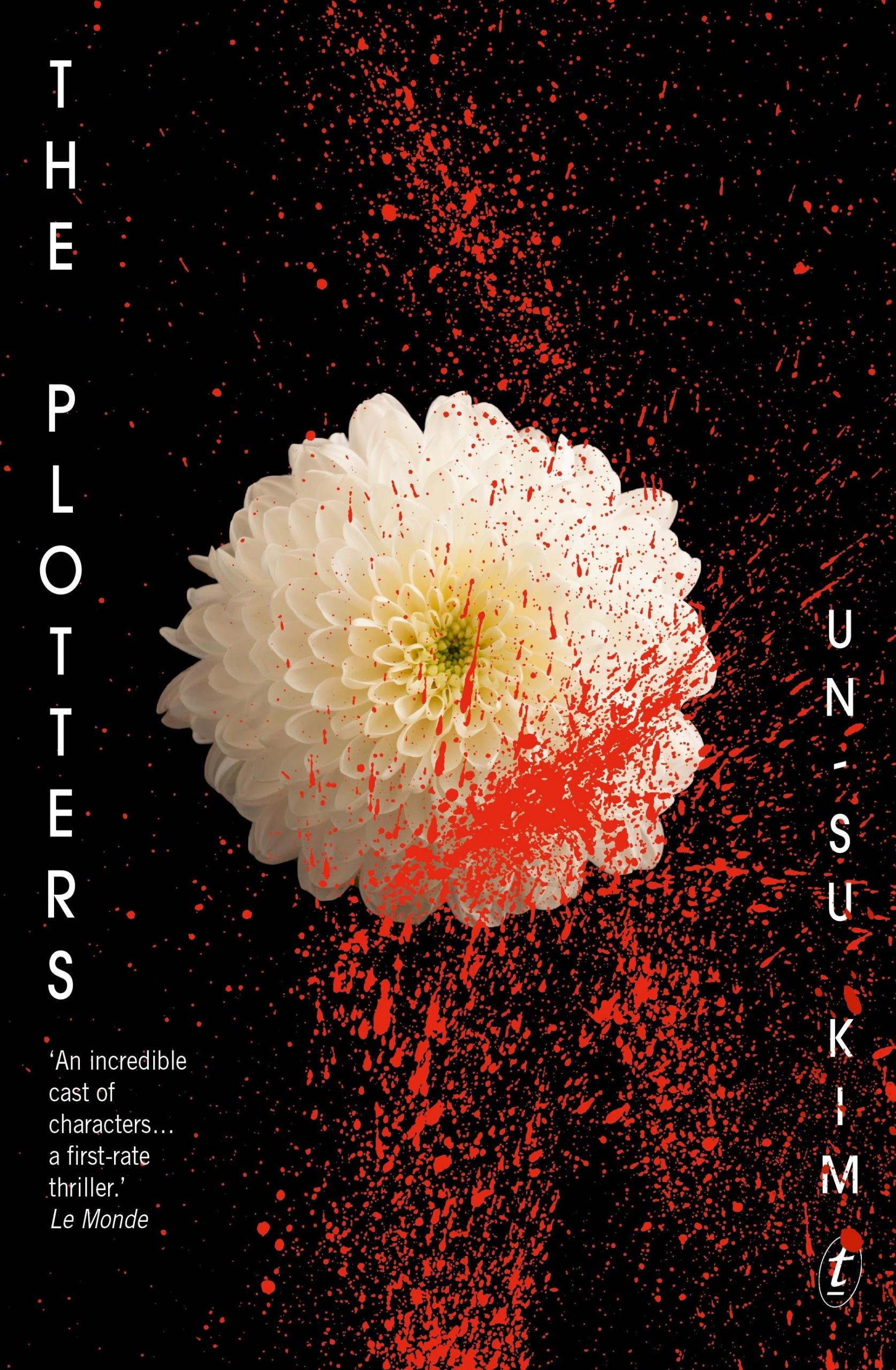
I Want to Die but I Want to Eat Tteokbokki - Baek Sae-hee (Translated by Hyacinta Louisa)
Korean: 죽고 싶지만 떡볶이는 먹고 싶어 (juggo sipjiman tteogbokk-ineun meoggo sip-eo) by 백세희
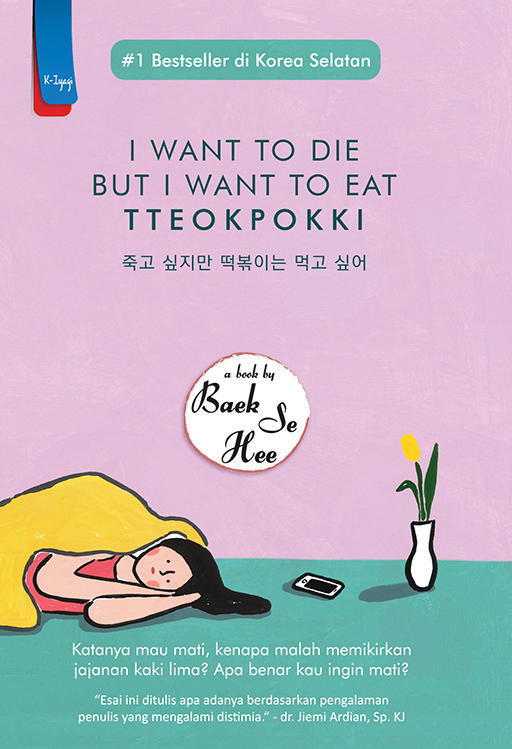
Depression is a real scourge that millions across the globe struggle with, Ms Baek included. Her empathetic narrative is not a work of fiction; it describes real conversations with her therapist. She starts every episode by relating a personal experience. The rest of the talk is given over to the therapy session. It's hard to fathom the deep well of empathy Baek Sae-hee draws on. She prefaces her book with the hope that others will read her words and think: "I'm not the only one who feels like this."
My Brilliant Life - Kim Ae-ran (Translated by Chi-Young Kim)
Korean: 두근두근 내 인생 (dugeundugeun nae insaeng) by 김애란
Imagine being terminally ill at just 17 years old. And yet, being so grateful for the life you had that your only desire is to thank your parents. This book sounds bleak but it's not. Through various hospital stays and deteriorating health, the protagonist, Areum, continues to document his parents' love - for him and each other.
This fictional work about a boy with progeria has touched the hearts of millions.
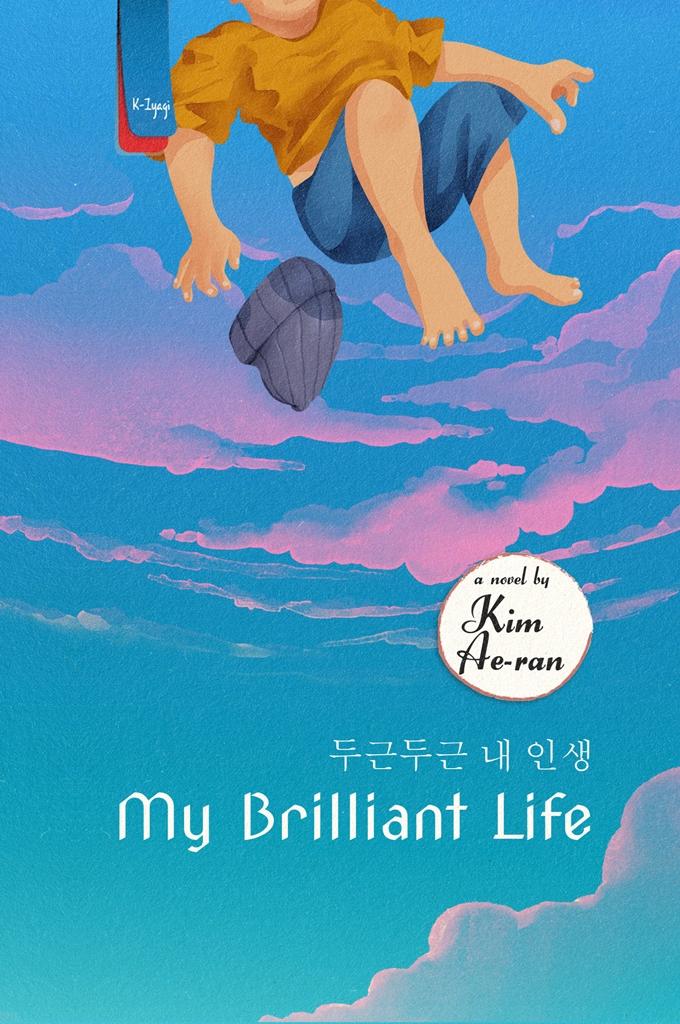
Discover amazing tutors and lessons with Korean classes Sydney here on Superprof.
Audio Books to Learn Korean
Learners don't always have time to sit down and read, plus, you can combine listening and reading when you use audiobooks!
You can listen to the novels without the physical book, but you might get more out of the experience by listening to the audiobook while following along with the physical copy at the same time. You’ll be able to learn what a word looks like as well as how it sounds at the same time!
Check out these audiobooks to increase your Korean proficiency.
Tower - Bae Myung-Hoon
Korean: 타워 (tawo) by 배명훈
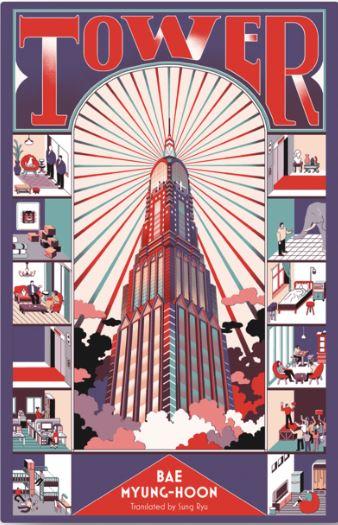
Beanstalk is a 674-story skyscraper that is also a sovereign nation. Within its walls live a series of dystopian, fantastical characters each worthy of their own short story. And that's exactly what we get!
This unconventional collection of tales showcases the influences in today's society.
Assembly of Animals - Geum-su-Hue-I-Lok
Korean: 동물의 집합 (dongmul-ui jibhab) by 금수휴이록
This book is older than the South Korean nation itself. Written in 1908, it tells the story of animals having a massive meeting to discuss human shortcomings. It was Korea's first modern novel; its topics include greed, power, lust and the shame they should cause. This book isn't exactly modern pop culture but its themes resonate still today.
Korean entertainment is a great way to develop your listening skills. Along with books and audiobooks, listening to Korean songs is a great way to train your ears and learn new vocabulary.
There are many other wonderful novels out there just waiting for you to pick them up and enhance your Korean comprehension!
Summarise with AI:







